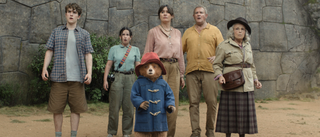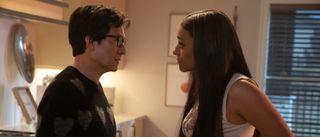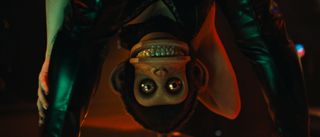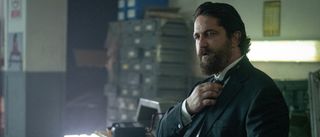Reviews
Latest Reviews

Mickey 17 Review: Bong Joon-ho's Parasite Follow-Up Is Goofy And Smart But Also Flawed
By Eric Eisenberg published
Robert Pattinson delivers a terrific dual performance.

Paddington In Peru Review: I Adore This Indiana Jones-esque Adventure That Also Made Me Feel Warm And Fuzzy
By Sarah El-Mahmoud published
No hard stare needed for this Paddington sequel.

Captain America: Brave New World Review: I’m Officially Worried About The Future Of The Marvel Cinematic Universe
By Eric Eisenberg published
The latest MCU entry is shockingly dull and simple.

Love Hurts Review: Ke Huy Quan's Charm And Skills Get Overshadowed By A Generic Action Movie Story
By Eric Eisenberg published
It’s entertaining but underwhelming, and breezy but limited.

The Monkey Review: Gory, Wild Madness Unlike Any Other Stephen King Movie
By Eric Eisenberg published
Prepare for a disgusting, hilarious cinematic experience.

Dog Man Review: New Dav Pilkey Adaptation Is Definitely More For Kids Than Adults
By Eric Eisenberg published
Nothing wrong with a movie just for kids!

Companion Review: Twists, Blood, Fun, And A Phenomenal Sophie Thatcher Performance
By Eric Eisenberg published
Do your best to avoid spoilers for this one.

One Of Them Days Review: Keke Palmer And SZA Bring Best Friend Energy In Hilarious Buddy Comedy
By Sarah El-Mahmoud published
This is a blast of a girl’s day out.
CINEMABLEND NEWSLETTER
Your Daily Blend of Entertainment News
LATEST ARTICLES


